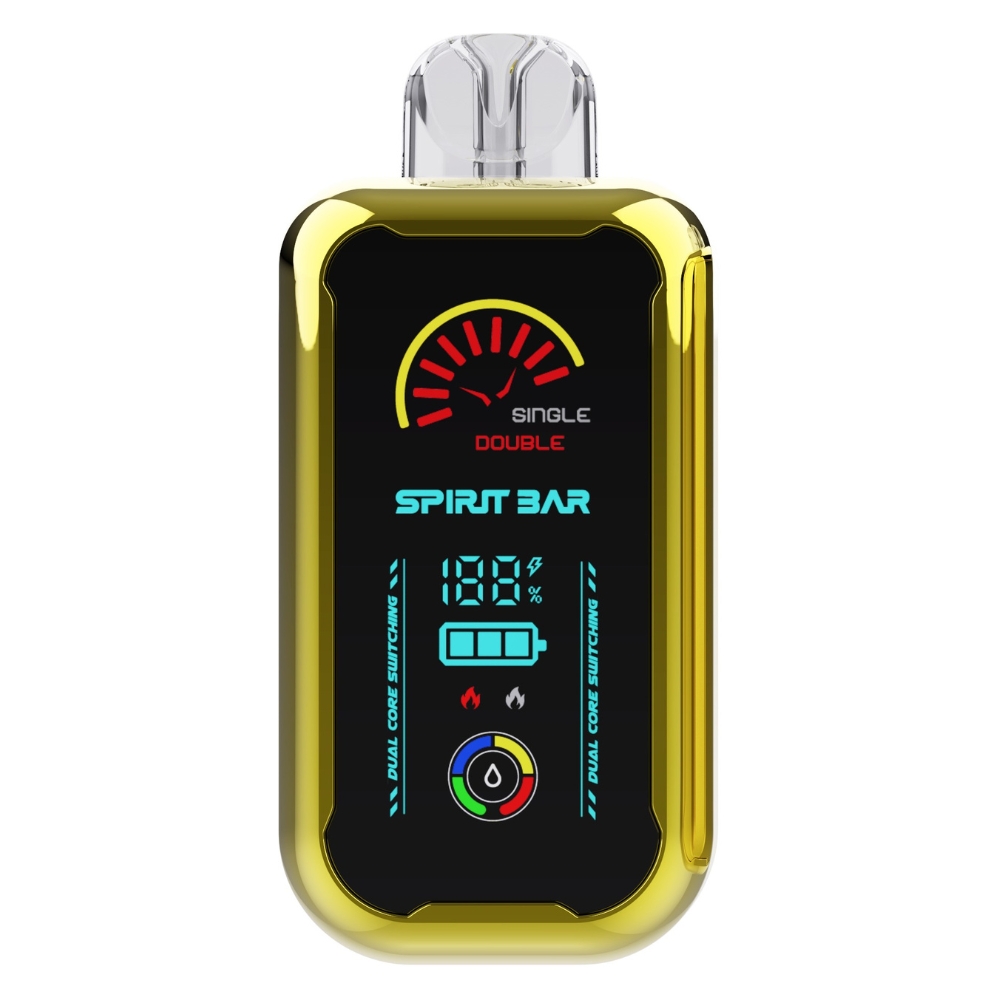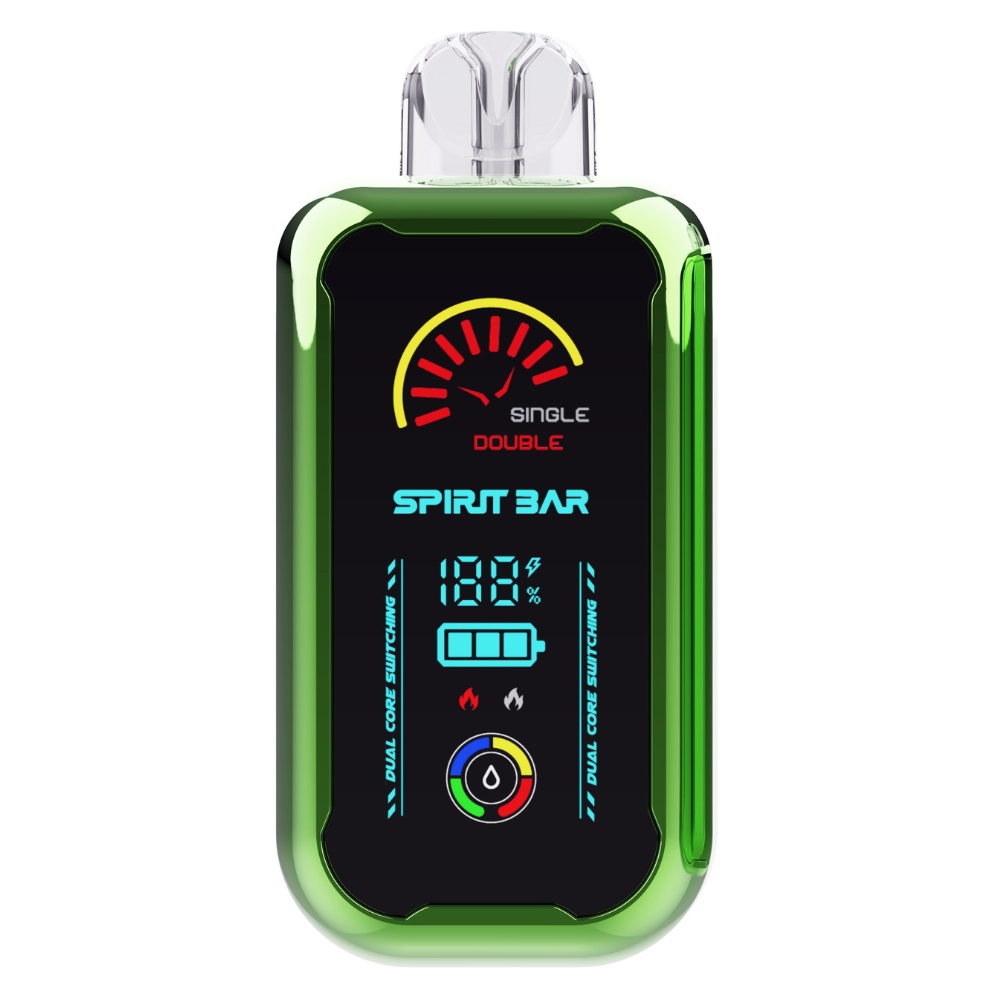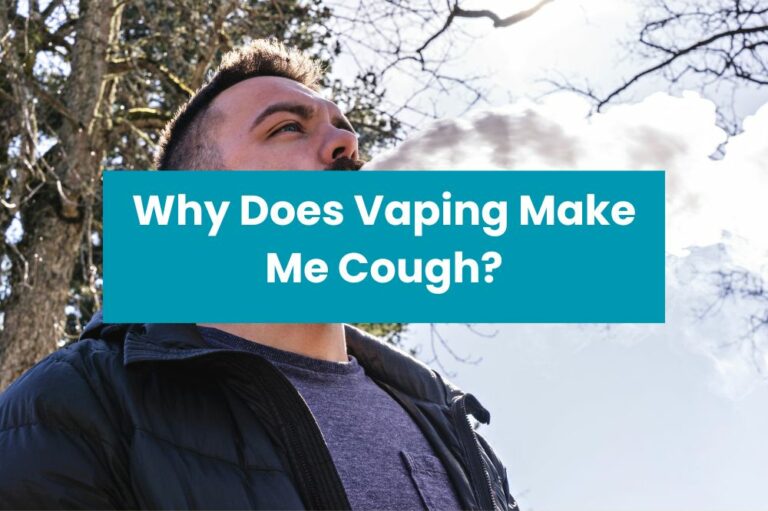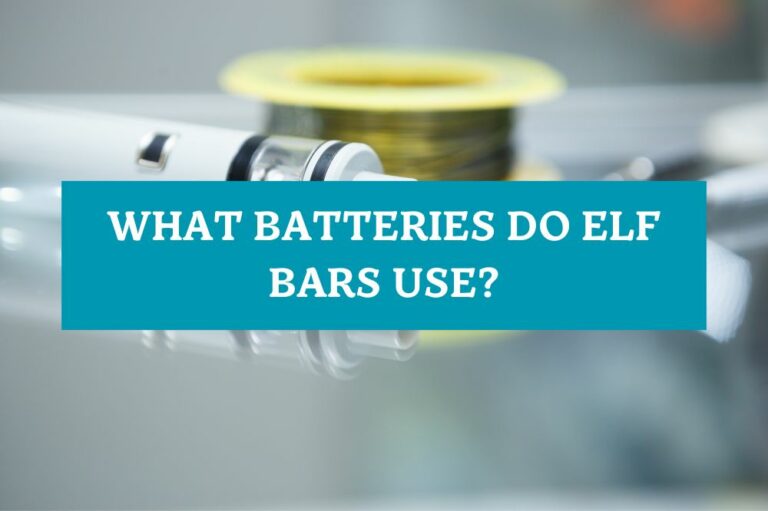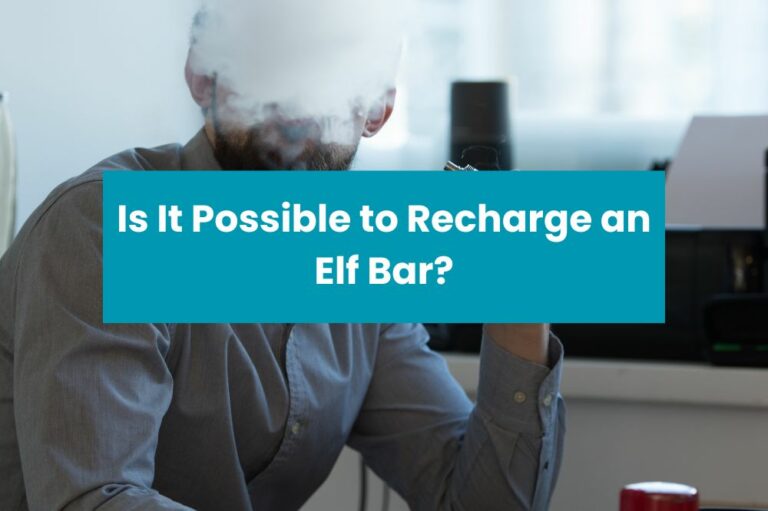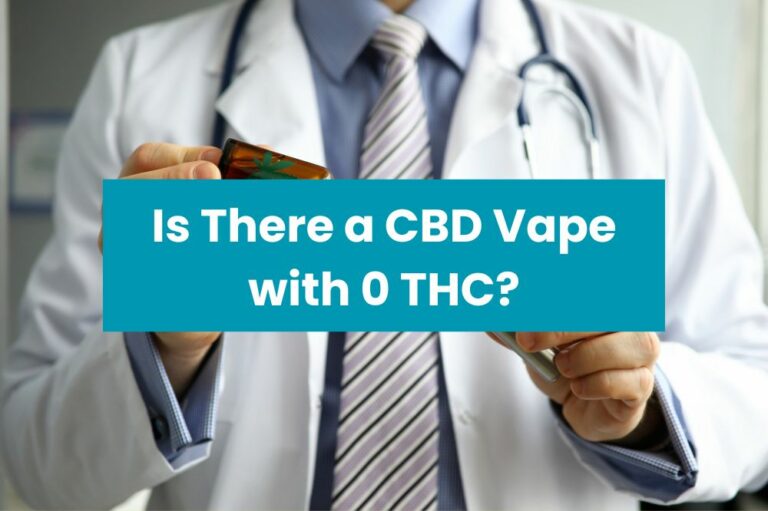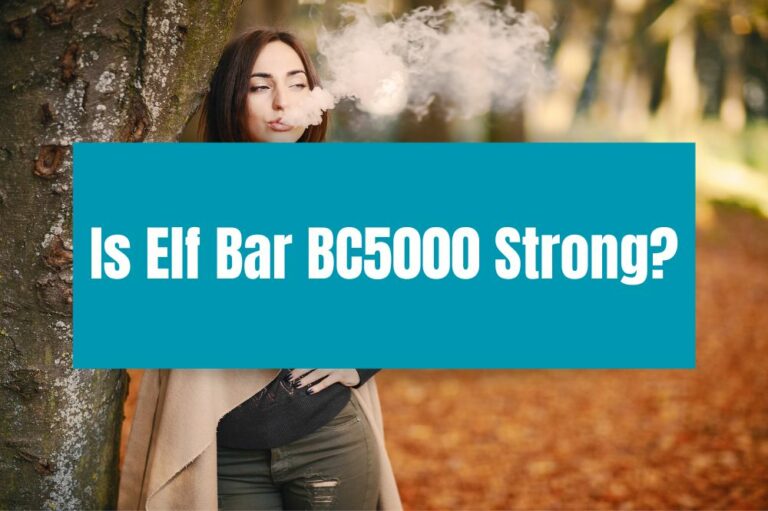Are Any Vapes Regulated by FDA?
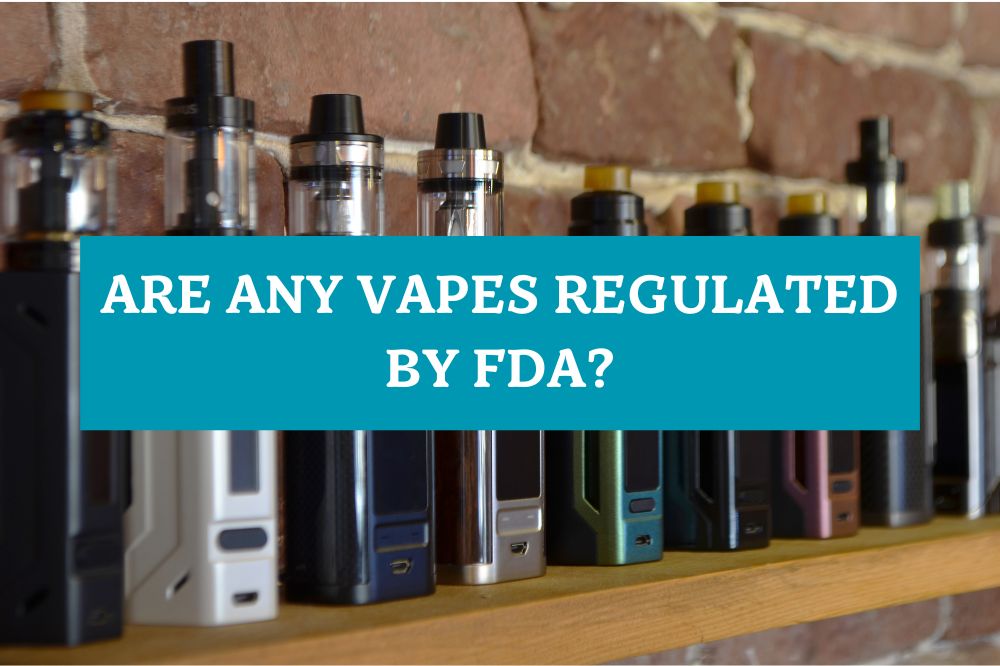
If you’re wondering whether any vapes are regulated by the FDA, the answer is yes. The FDA has regulatory authority over electronic nicotine delivery systems (ENDS), including e-cigarettes, vape pens, and vaporizers. This authority was granted through the agency’s “deeming rule,” which went into effect on August 8, 2016.
Under the deeming rule, all ENDS products that were on the market as of February 15, 2007, are subject to FDA regulation. This means that manufacturers of these products must submit premarket tobacco product applications (PMTAs) to the FDA in order to continue selling their products. The FDA has also established a pathway for new ENDS products to receive marketing authorization, known as the premarket authorization (PMA) pathway.
While the FDA has regulatory authority over ENDS products, it’s important to note that not all vapes on the market are FDA-regulated. The agency has taken action on nearly 6.7 million ENDS products that have been submitted for premarket authorization, but there are likely still unregulated products on the market. If you’re considering using a vape or other ENDS product, it’s important to do your research and choose a product that has been authorized by the FDA.
Understanding Vapes
If you’re wondering whether vapes are regulated by the FDA, the answer is yes. The FDA has regulatory authority over all Electronic Nicotine Delivery Systems (ENDS), including vapes and e-cigarettes.
The FDA’s deeming regulations for tobacco products were issued in 2016 and expanded the agency’s regulatory authority to include e-cigarettes, cigars, and other tobacco products that were previously unregulated. This means that any vape product that contains nicotine is now subject to FDA regulation.
However, it’s important to note that the FDA does not regulate ENDS accessories, such as lanyards or decorative cases for vapes.
Additionally, the FDA has issued warning letters to companies that are marketing their vape products in a way that suggests they are safe or that they are intended for use by children. It’s important to be aware of these warnings and to only purchase vape products from reputable companies that are in compliance with FDA regulations.
Overall, while vapes are regulated by the FDA, it’s important to do your own research and make informed decisions when it comes to using these products.
FDA’s Role in Regulating Vapes
If you’re wondering whether vapes are regulated by the FDA, the answer is yes. The FDA has been regulating electronic nicotine delivery systems (ENDS) since 2016 when the agency’s “deeming rule” went into effect. This rule gave the FDA regulatory authority over all ENDS, including e-cigarettes and vaping devices [1].
The FDA’s primary goal in regulating vapes is to protect public health. The agency is responsible for ensuring the safety and efficacy of these products, as well as preventing youth access to them. As such, the FDA has implemented several regulations that apply to vapes and other ENDS products.
One of the major regulations is that vape manufacturers cannot market their products without FDA authorization [1]. This means that companies must submit their products for review by the agency before they can be sold to consumers. The FDA evaluates each product’s ingredients, design, and intended use to determine whether it is safe and effective for its intended purpose.
The FDA also monitors the national usage rates for all tobacco products, including vapes, through an annual youth survey [2]. The agency has seen a drastic increase in youth use of e-cigarette products, which has led to several measures to prevent youth access. For example, the FDA has banned the sale of flavored e-cigarettes in convenience stores and gas stations [3].
In summary, the FDA plays a crucial role in regulating vapes and other ENDS products. The agency is responsible for ensuring the safety and efficacy of these products, as well as preventing youth access to them. If you’re a vape user, it’s important to be aware of these regulations and to only purchase products that have been authorized by the FDA.
[1] (https://www.fda.gov/news-events/fda-voices/how-fda-regulating-e-cigarettes)
[2] (https://www.fda.gov/tobacco-products/products-ingredients-components/e-cigarettes-vapes-and-other-electronic-nicotine-delivery-systems-ends)
[3] (https://www.fda.gov/news-events/press-announcements/fda-denies-marketing-six-flavored-vuse-alto-e-cigarette-products-following-determination-they-do-not)
Specific Vapes Regulated by FDA
If you’re wondering whether any vapes are regulated by the FDA, the answer is yes. The FDA has been regulating electronic nicotine delivery systems (ENDS), which include e-cigarettes, vape pens, pod systems, and mods, since 2016.
E-Cigarettes
E-cigarettes are one of the most commonly used ENDS products. The FDA regulates e-cigarettes as tobacco products, which means that they are subject to the same regulations as traditional tobacco products. This includes restrictions on advertising and marketing, as well as age verification requirements for purchasing.
Vape Pens
Vape pens are another type of ENDS product that is regulated by the FDA. These devices are often smaller and more discreet than e-cigarettes, making them a popular choice for people who want to vape on the go. Vape pens are subject to the same regulations as e-cigarettes, including age verification requirements and restrictions on advertising and marketing.
Pod Systems
Pod systems are a newer type of ENDS product that has gained popularity in recent years. These devices use pre-filled pods or cartridges that are inserted into the device, making them easy to use and maintain. The FDA regulates pod systems as tobacco products, which means that they are subject to the same regulations as e-cigarettes and vape pens.
Mods
Mods are larger, more customizable devices that are often used by experienced vapers. These devices allow users to adjust the voltage and wattage of their device, as well as customize other features such as the temperature control. The FDA regulates mods as tobacco products, which means that they are subject to the same regulations as other ENDS products.
Overall, it’s important to remember that all ENDS products, including e-cigarettes, vape pens, pod systems, and mods, are subject to FDA regulations. If you’re thinking about using any of these products, it’s important to do your research and make sure that you’re purchasing from a reputable source that follows FDA regulations.
Regulation Process of Vapes by FDA
If you are wondering if any vapes are regulated by the FDA, the answer is yes. The FDA has been regulating electronic nicotine delivery systems (ENDS) since August 8, 2016, when the deeming rule went into effect. The deeming rule extended the FDA’s authority to regulate ENDS, including e-cigarettes, vape pens, and e-liquids.
The FDA’s regulation process for ENDS includes premarket review of new tobacco products, which includes ENDS. This means that any new ENDS product that has not been on the market before August 8, 2016, must go through the premarket review process to receive FDA authorization before it can be sold in the United States.
In addition to premarket review, the FDA also regulates ENDS by restricting youth access to these products. It is illegal to sell ENDS to anyone under the age of 21, and retailers who violate this law can face penalties and fines.
The FDA also requires manufacturers of ENDS to submit ingredient listings and health documents to the agency. This helps the FDA monitor the safety and health risks of ENDS products.
Overall, the FDA is working to ensure that ENDS products are safe and that they do not pose a risk to public health. By regulating ENDS, the FDA is helping to protect consumers from potential harm caused by these products.
Implications of FDA Regulations on Vapes
If you are a vaper, it is important to understand the implications of FDA regulations on vapes. The FDA has been regulating electronic nicotine delivery systems (ENDS), including vapes, since August 8, 2016. This means that all ENDS products, including vapes, must comply with FDA regulations.
One of the main implications of FDA regulations on vapes is that manufacturers must submit their products for FDA approval before they can be marketed. This includes submitting information about the product’s ingredients, manufacturing processes, and potential health risks. If a product does not meet FDA standards, it will not be approved for sale.
Another important implication of FDA regulations on vapes is that manufacturers must include health warnings on their products. These warnings must be prominently displayed on the packaging and must include information about the potential health risks associated with vaping, such as addiction, respiratory problems, and heart disease.
FDA regulations on vapes also require manufacturers to report any adverse events related to their products to the FDA. This includes any reports of illness, injury, or death that may be related to the use of vapes. By reporting these events, manufacturers can help the FDA identify potential safety concerns and take action to protect consumers.
Overall, the FDA’s regulations on vapes are designed to protect consumers from the potential health risks associated with vaping. By requiring manufacturers to submit their products for FDA approval, include health warnings on their packaging, and report any adverse events, the FDA is helping to ensure that vapers have access to safe and reliable products.
Public Health Impact
The regulation of vapes by the FDA has a significant impact on public health. The rise of e-cigarette use among youth has become a major concern for families, schools, and communities. According to the FDA, e-cigarette use among high school students increased by 78% from 2017 to 2018. The FDA has taken steps to regulate vapes in order to protect public health.
The FDA regulates all electronic nicotine delivery systems (ENDS) and other tobacco products. The FDA has the authority to regulate nicotine regardless of its source. This means that the FDA can regulate synthetic nicotine and flavors in vapes. The FDA has issued marketing denial orders to companies that sell flavored e-cigarette products. For example, R.J. Reynolds Vapor Company was denied marketing for six flavored Vuse Alto e-cigarette products.
The FDA’s regulation of vapes has had a positive impact on public health. The FDA’s initial enforcement policy on flavored cartridge-based e-cigarettes and subsequent notice for the removal of flavored disposable electronic cigarettes such as Puff Bar from the market has helped reduce youth e-cigarette use. A study published in BMC Public Health found that the FDA’s enforcement policy had a significant impact on reducing youth e-cigarette use.
In addition to reducing youth e-cigarette use, the FDA’s regulation of vapes has also helped protect public health by ensuring that vapes are manufactured and sold in a safe and responsible manner. The FDA has established manufacturing standards for vapes and requires companies to submit their products for review before they can be sold. This helps ensure that vapes are not harmful to consumers.
Overall, the FDA’s regulation of vapes has had a positive impact on public health. The regulation of vapes has helped reduce youth e-cigarette use and ensure that vapes are manufactured and sold in a safe and responsible manner.
FAQs About FDA and Vape Regulations
If you’re a vaper, you may have questions about the FDA’s regulations on e-cigarettes and other electronic nicotine delivery systems (ENDS). Here are some frequently asked questions about the FDA and vape regulations:
What is the FDA’s role in regulating vapes?
The FDA has the authority to regulate e-cigarettes, vapes, and other ENDS products. They are responsible for ensuring that these products are safe and effective, and that they are marketed and sold in a way that does not appeal to youth.
Are any vapes regulated by the FDA?
Yes, the FDA regulates all e-cigarettes, vapes, and other ENDS products. These products must be authorized by the FDA before they can be marketed and sold in the United States. The FDA has also issued a ban on the sale of flavored e-cigarettes, with the exception of tobacco and menthol flavors.
How does the FDA regulate vapes?
The FDA regulates vapes in several ways. First, they require manufacturers to submit applications for their products, which must include information about the product’s ingredients, manufacturing processes, and health risks. The FDA also conducts inspections of manufacturing facilities to ensure that products are being made in a safe and sanitary manner.
Can I still buy vapes?
Yes, you can still buy vapes that have been authorized by the FDA. However, you may not be able to find certain flavors, as the FDA has banned the sale of flavored e-cigarettes, with the exception of tobacco and menthol flavors.
Are vapes safe?
The long-term health effects of vaping are not yet known, but studies have shown that vaping can be harmful to your health. Vaping can expose you to harmful chemicals and particles, including nicotine, formaldehyde, and lead. If you are concerned about the health risks of vaping, you should talk to your healthcare provider.

